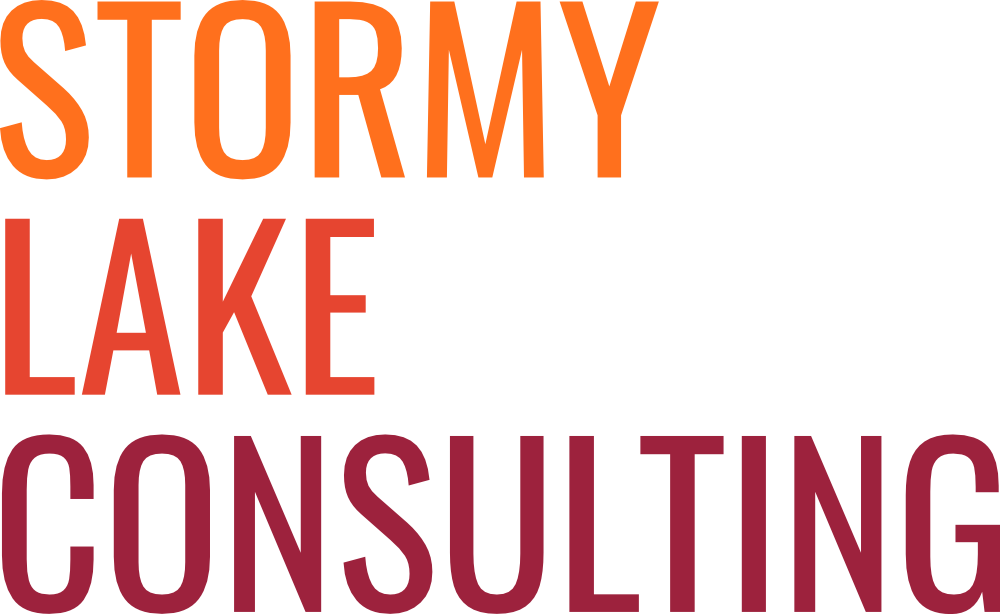
OUR CORE BELIEFS
We have a fundamental responsibility to work with Indigenous peoples, upon whose land we conduct our business, and to collaborate with them in a way that hasn’t always been the norm. We must work hard to repair the years of power imbalance with a spirit of humility, partnership, and, above all, respect.
We are better contributors to our society, and in fact, better strategists, when we come from a diverse range of backgrounds. We will work hard to increase our diversity, and to ensure diverse opinions are incorporated into our work.
We must minimize our ecological footprint, and so we will continue to look at all of our processes to ensure that we are making decisions with the planet in mind. In this way we will attempt to limit and eliminate our contribution to the climate change that is undoubtedly occurring at present.
Our families and our personal passions are absolutely equal priorities to the work we do at Stormy Lake.
OUR STRATEGY BELIEFS
As the rate of change accelerates in our society, strategic models must evolve, otherwise all of us are going to be left in the dust. Our strategic model and our brands need to be self-learning, using natural and artificial intelligence to navigate these complex new contexts.
At the same time, the power of human intelligence and creativity has never been more important.
The brand remains at the core of strategy. The weakness of brands, as they are managed today, is that they are episodic. Developed, launched and maintained every few years. Episodic and static does not work anymore. Brands need to be evolving, fluid and dynamic.
It is the marrying of data, analysis, creativity and core brand principles that should lie at the heart of all great organizations. These four disciplines need to work together in more integrated ways.
We live in a world of eroding trust. Brands are letting us down, facts are not constant, and social justice is having a moment. Meanwhile, technology is creating echo-chambers that reinforce our existing opinions and behaviours.
As a result, trust has become the new currency. Marketing needs to work through the channels of trust: experiences, community, individual advocates and reliable products.
Strategy needs to identify the unique journeys of different kinds of stakeholders. Identifying rational milestones and emotional states, matching the product to the moment, identifying the tools and information stakeholders use at each stage and constantly updating itself as more information about the customer’s journey is learned.
Researchers have a responsibility to be advocates for the stakeholders that are engaged over the course of a project. There’s an obligation to bring their voices to clients as effectively and authentically as possible.
Strategy should be fearless. There are always realities and constraints, however these shouldn’t dictate to the point of eliminating ground-breaking ideas that can create positive impacts for organizations.
